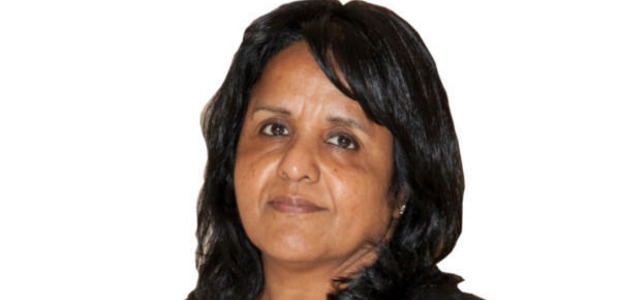advertisement
Staying agile in an OTT world: Why mobile operators are still slow off the mark in the digital service race
With the arrival of OTT content providers, the way we use our phones has undoubtedly changed; with Facebook, WhatsApp, Viber…

With the arrival of OTT content providers, the way we use our phones has undoubtedly changed; with Facebook, WhatsApp, Viber and Skype dominating the communications markets and new services being launched with increasing rapidity, operators have found themselves with eroding profits and now face the question of how to become better service providers in order to keep up with these digital disruptors.
Recent reports from Pyramid Research also predict that paid OTT revenue in emerging markets, including Africa and the Middle East, will expand from US$1.9 billion in 2014 to US$6.0 billion by 2019, no doubt causing some anxiety within the boardrooms of many mobile operators.
Recent research conducted by Tecnotree amongst global operators confirms that the industry is aware that change is required in order to bridge the increasing gap between OTT competitors and CSPs. The research revealed that 75% of respondents had noticed increased average revenue per customer (ARPU) related to digital services over the past 12 months.
advertisement
The demand for digital services appears to be on the rise; over a third of mobile operators surveyed believe that LTE has increased consumer data spend worldwide, while another 36% say LTE has fundamentally changed how consumers use their mobile phones. In order to benefit from this increase in usage, operators must reinvent their service offering to ensure data remains in their networks, while also ensuring that new services are rolled-out quickly to ensure they do not lag behind their speedy competitors. An overwhelming 89% believe that OTT providers can deliver new products in 1-6 months, whereas 30% of the questioned participants believe it takes a year for CSPs to do the same.
One of the biggest hurdles is in Business and Operational Support Systems (BSS). OTT competitors have run away with large segments of market share, mainly due to the inability of major operators to quickly and efficiently update their legacy business and operational support system (OSS/BSS) infrastructures, with 50% of operators needing to update their systems and 79% needing to move to fully integrated billing functions within their digital product set.
So, what is being done to overcome these challenges? Operators have taken action in the form of an alliance of nine mobile operators to bring digital or digital content to consumers quicker. Similarly, EE recently partnered with MTV for a new music service called TRAX and AT&T’s DirectTV, which provides on-demand and live programming, is also now an OTT service. But along with providing these bundles, CSPs will have to build and plan for uncertainty within their infrastructure and innovate at a rapid pace in order to compete.
advertisement
While traditional product management capabilities cannot propel such a change, the focus should be on creating more open platforms, which are ready to embrace these rapid changes in the digital world.
While it is unrealistic to predict the future, with the dawn of new technologies such as IoT with countless possibilities, CSPs will need to be flexible and agile with their OSS/BSS systems and have open platforms in place, in order to be responsive and adaptable to changing market demands.
The author of this article – Padma Ravichander, is Interim CEO and Executive Vice President MEA & APAC